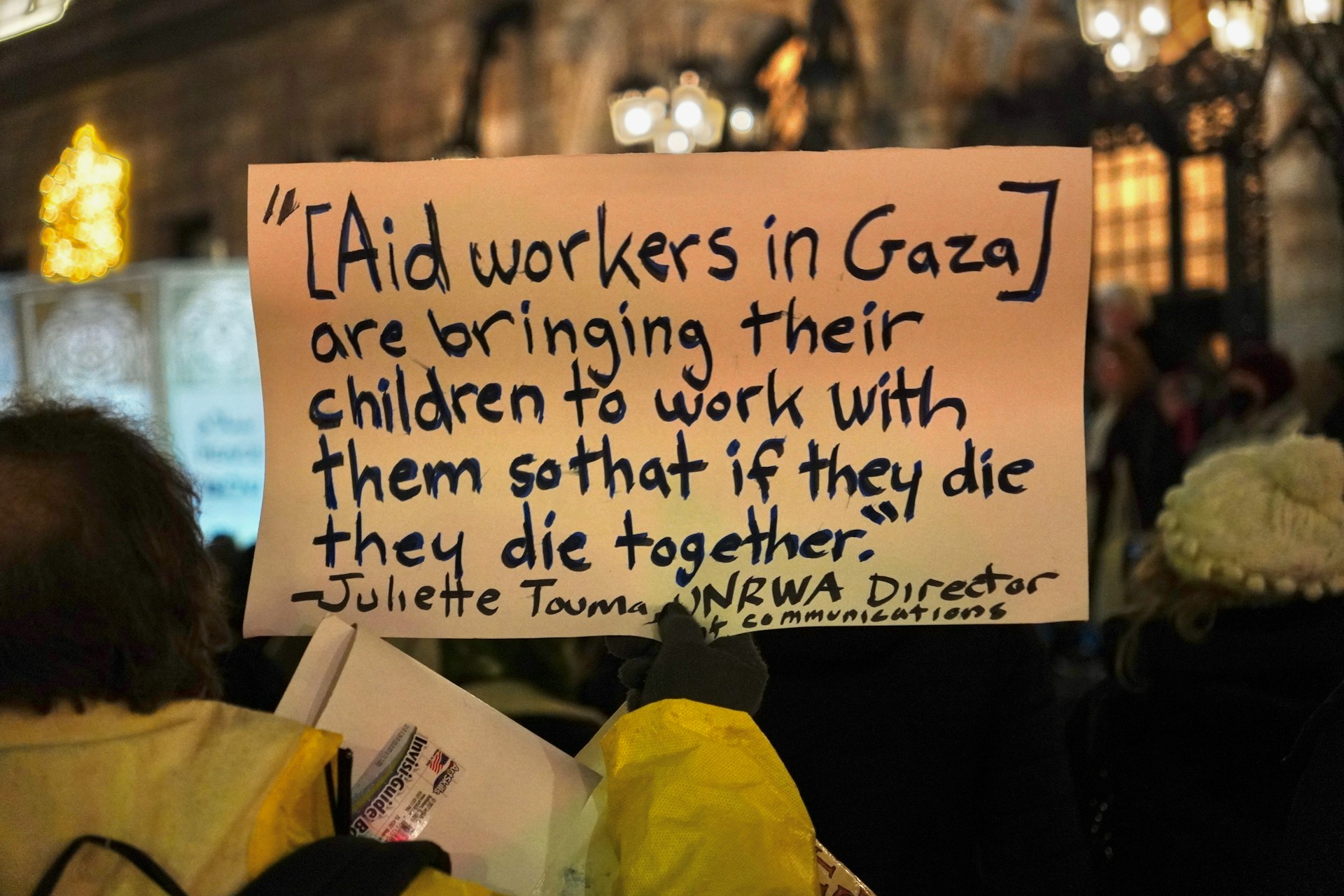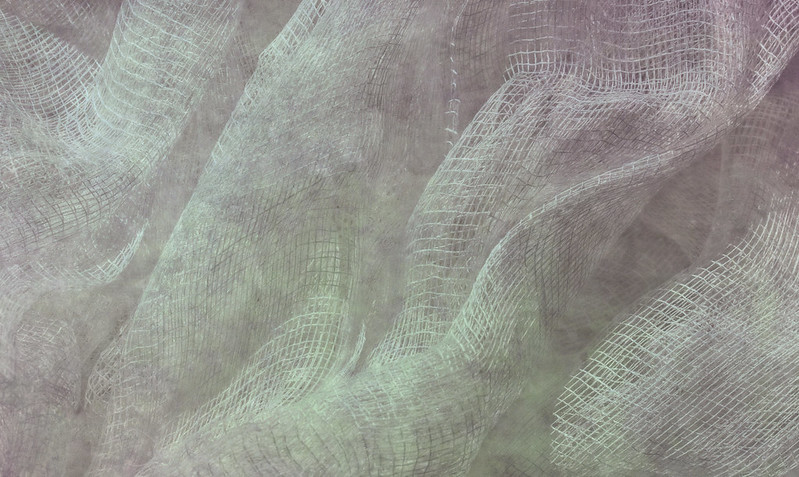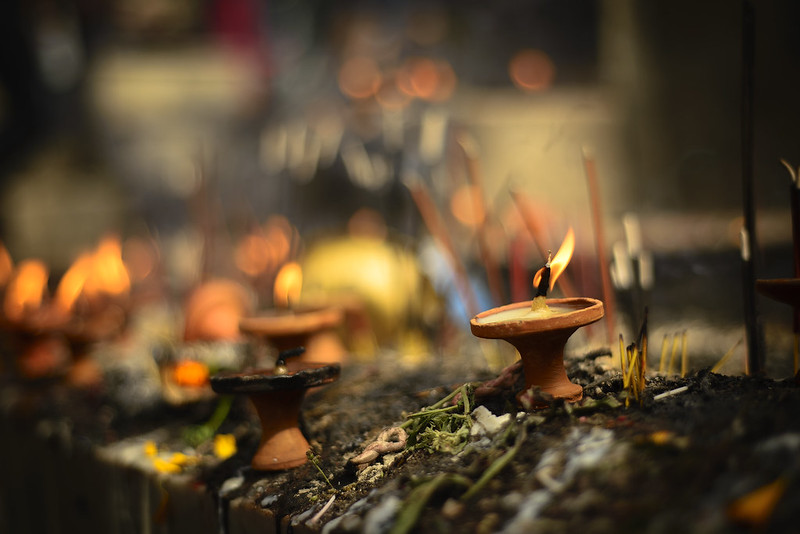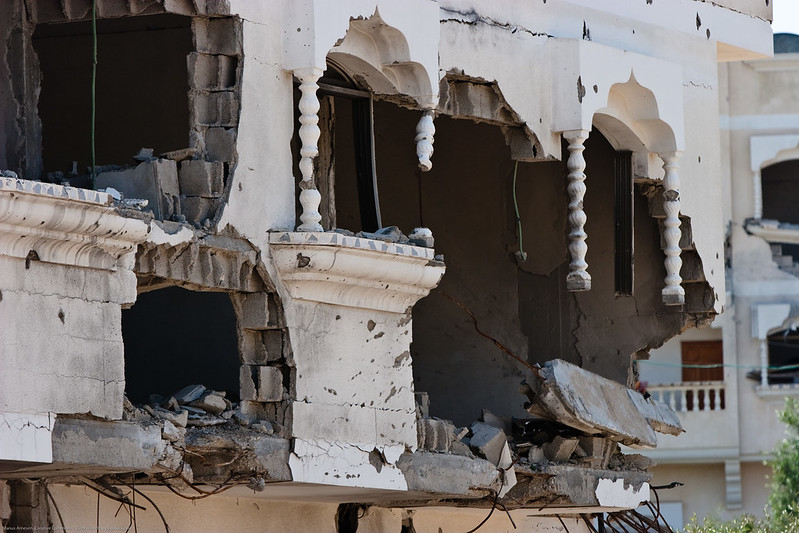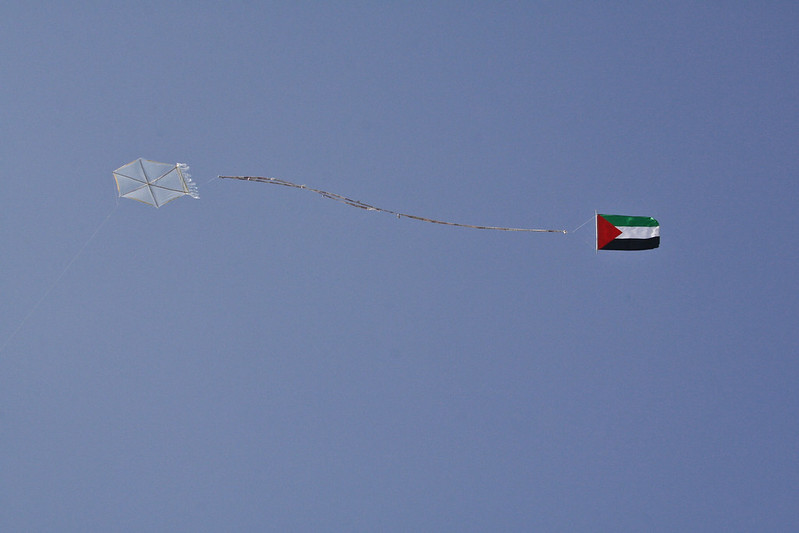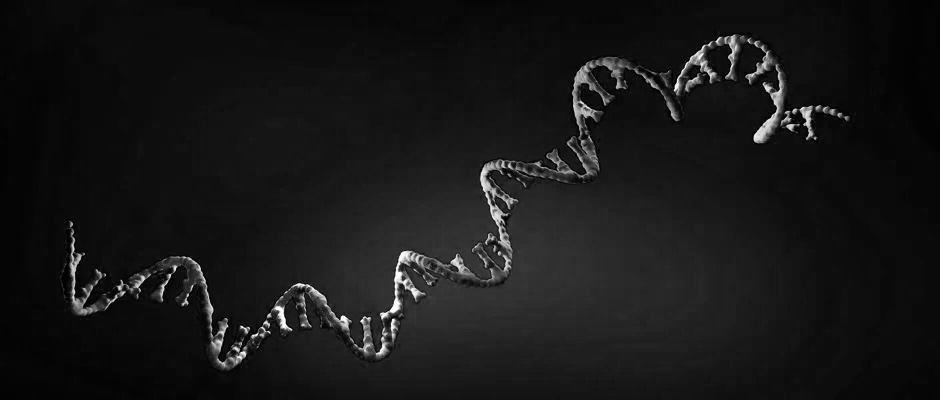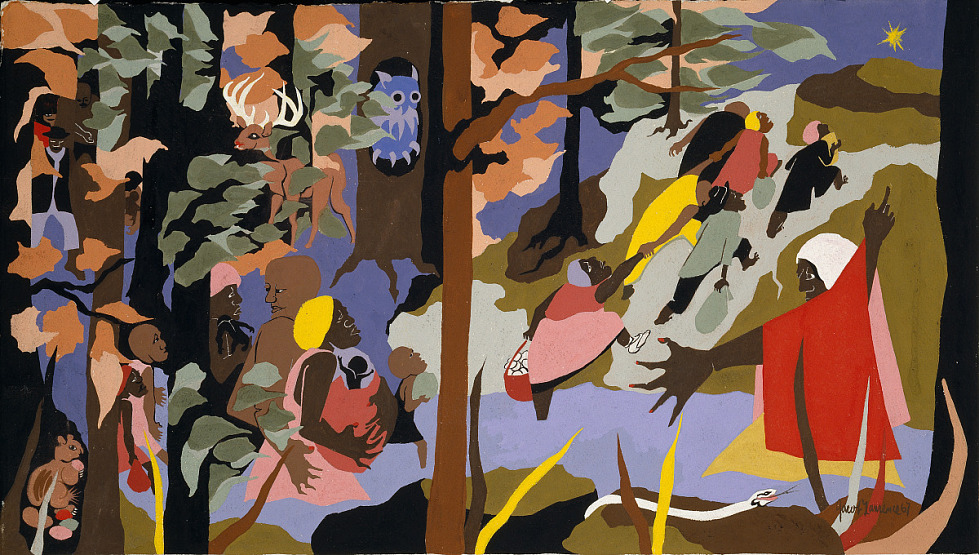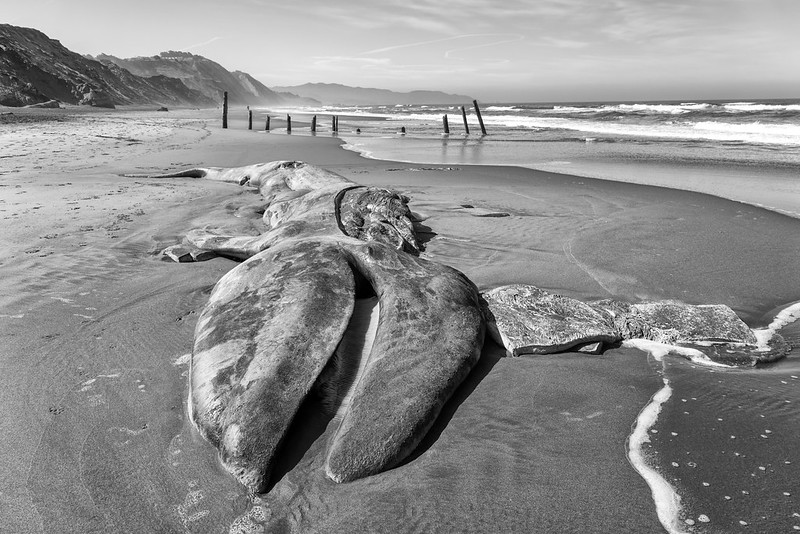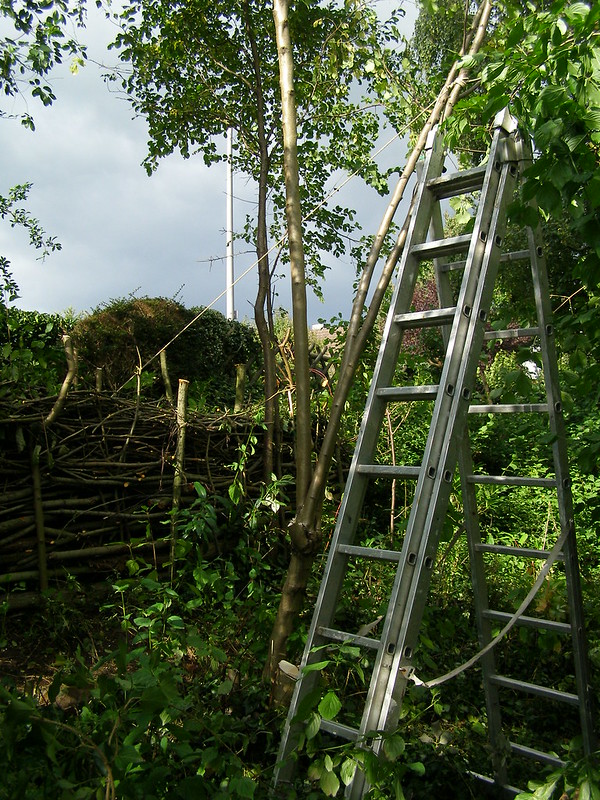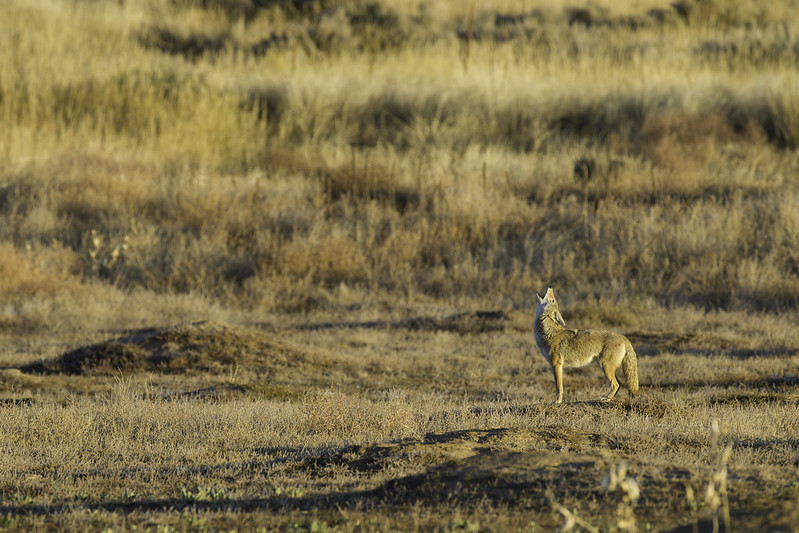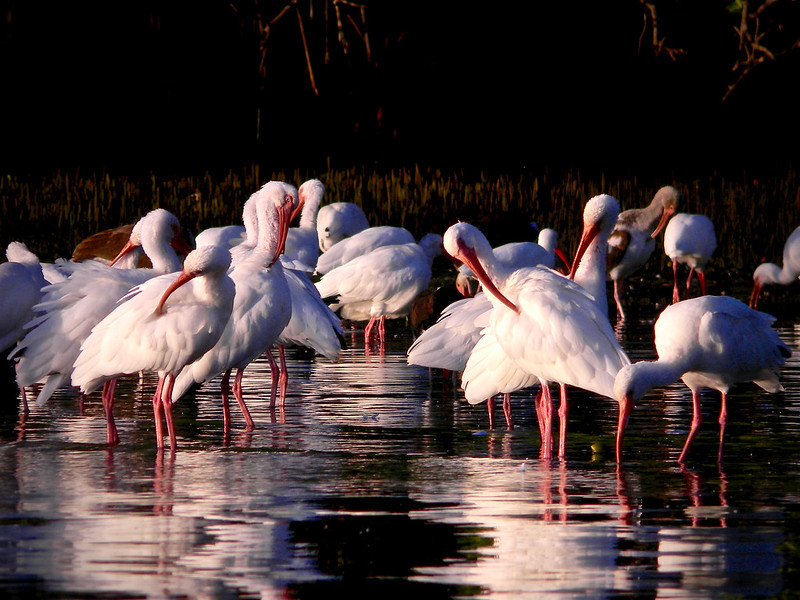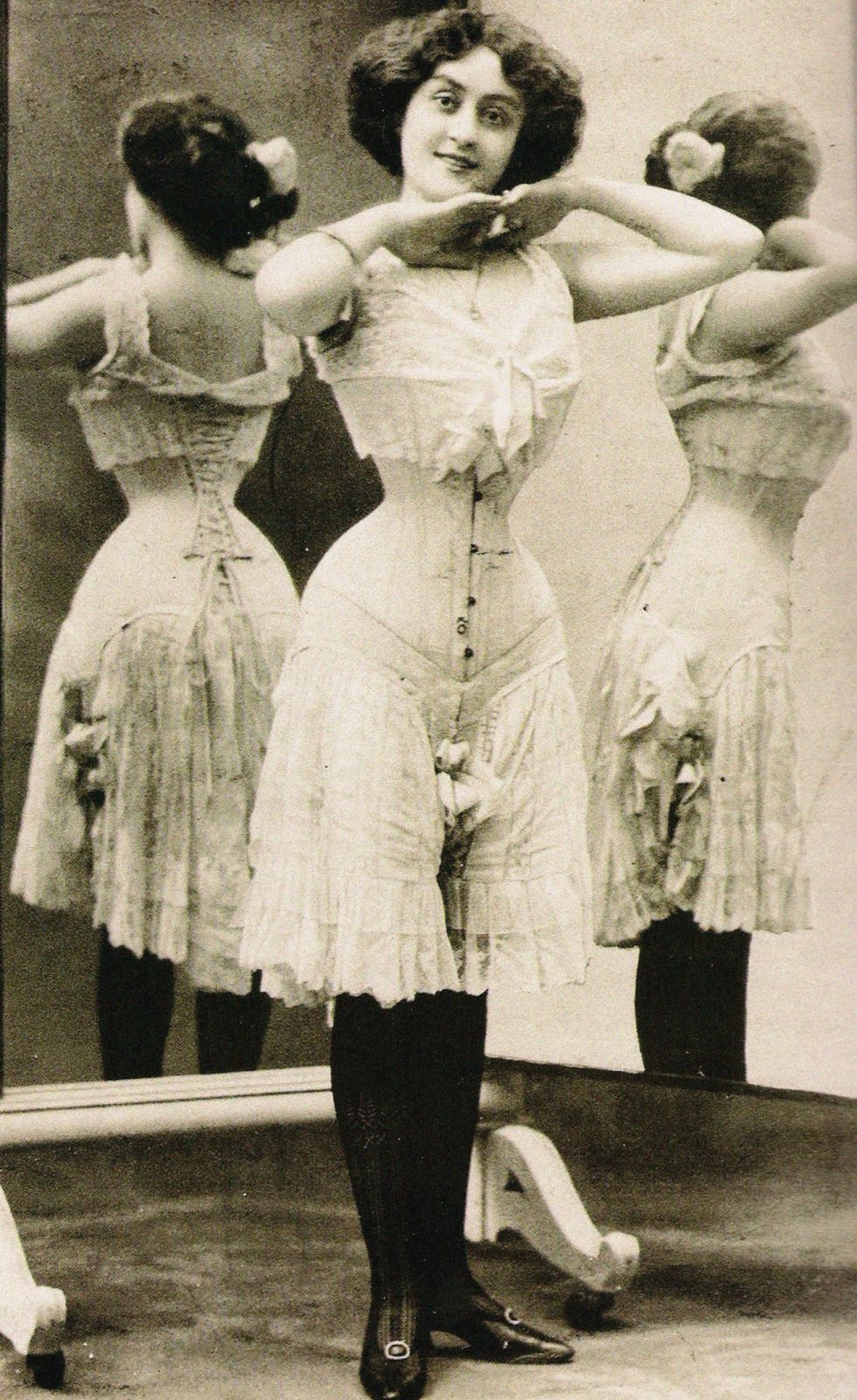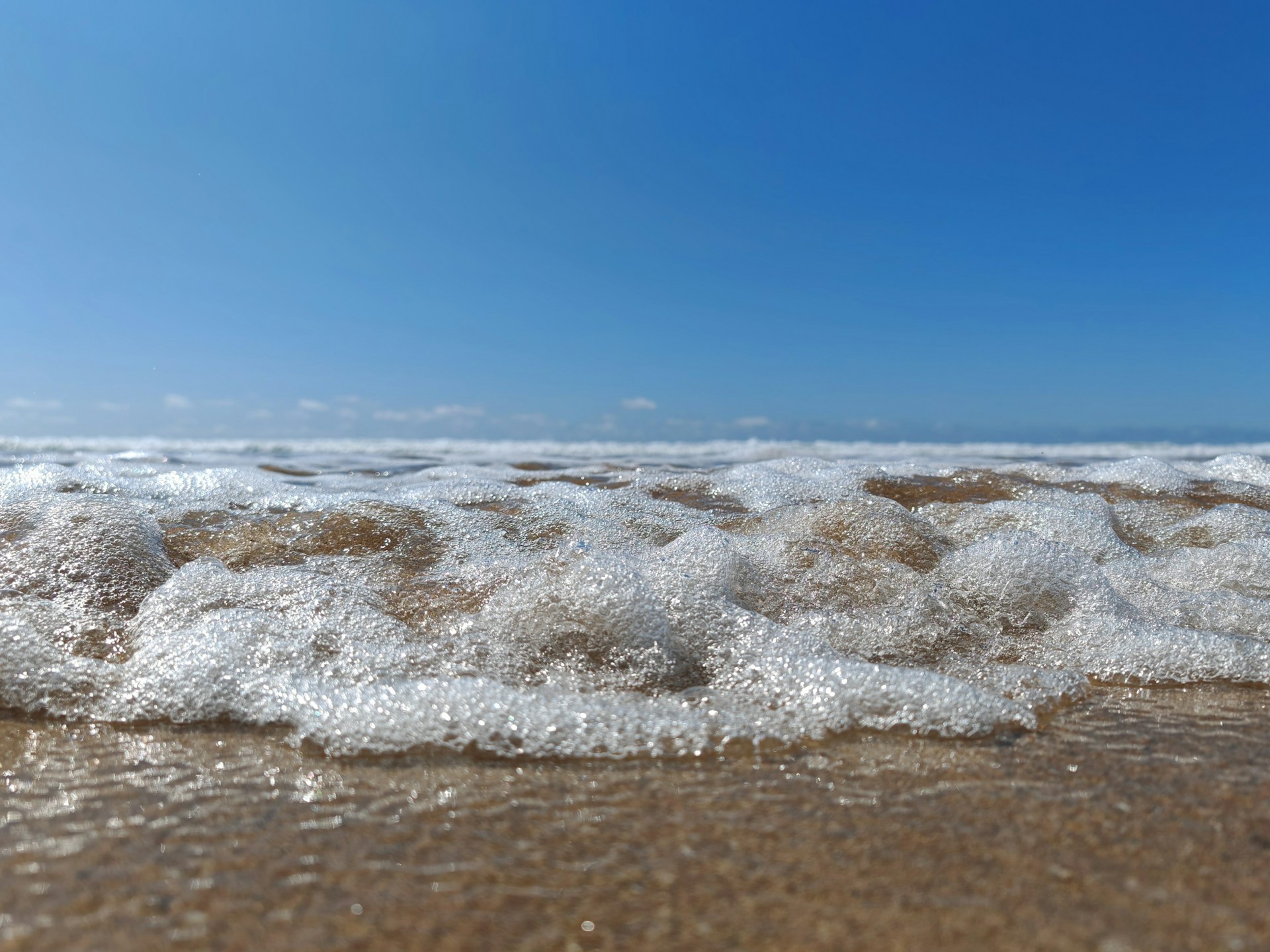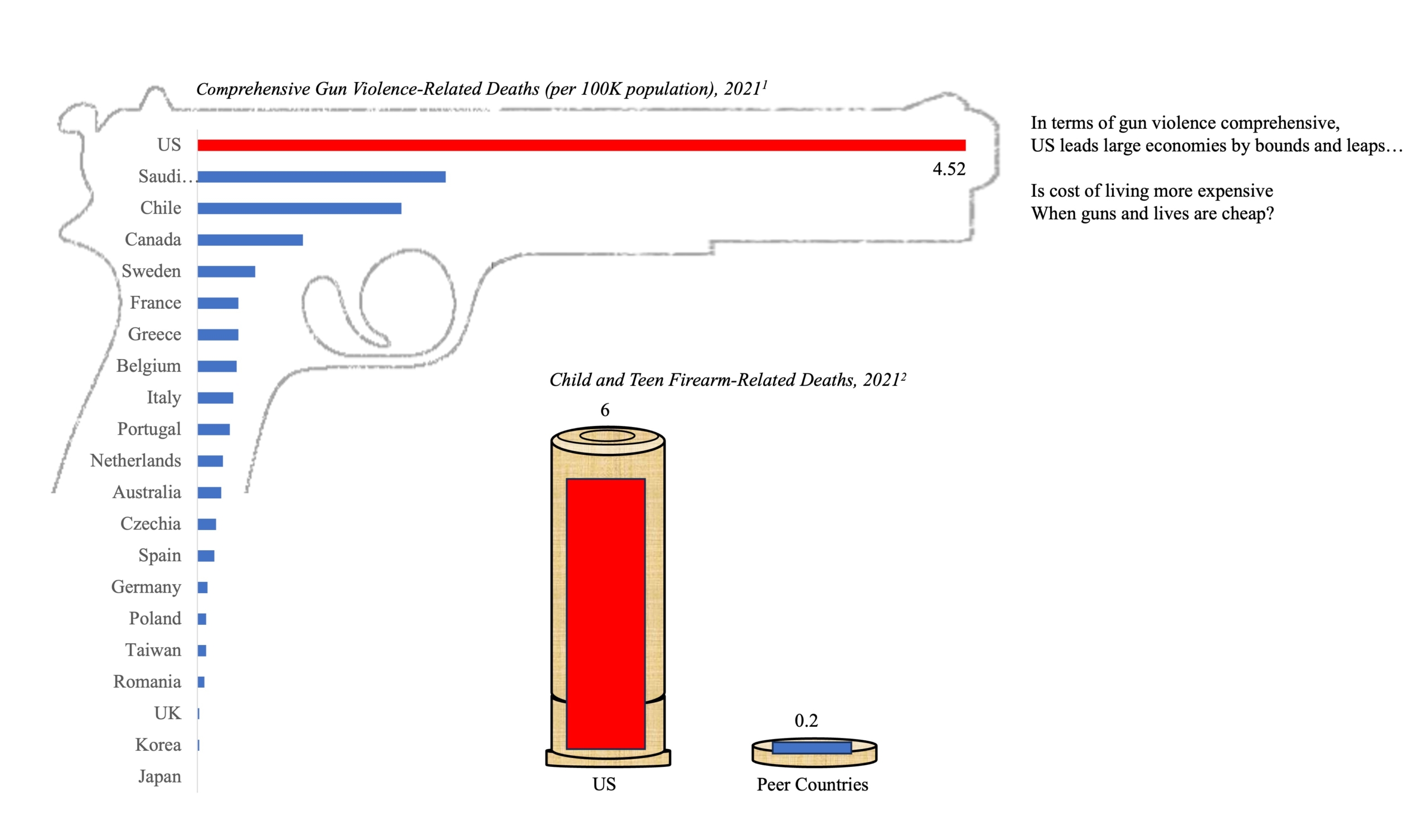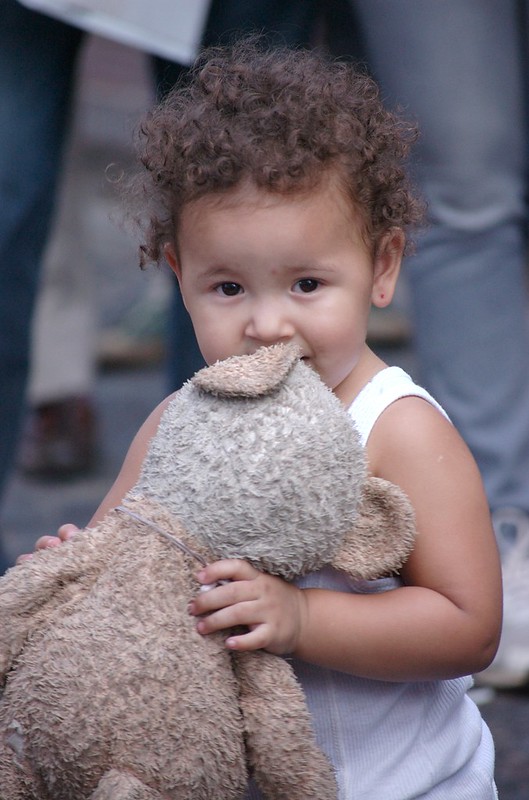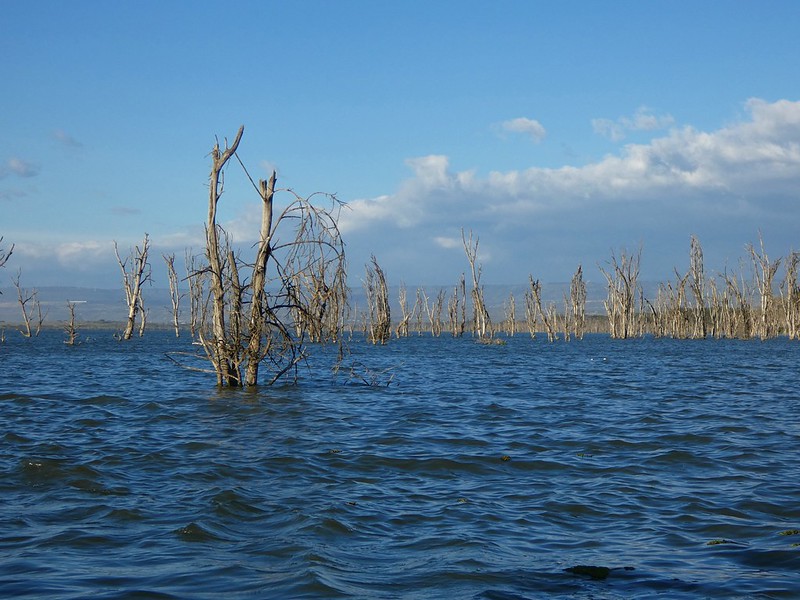Inside the Serotonin Industrial Complex
By Dick Westheimer
“The only winning move is not to play.”
—from the movie War Games
“You can’t call it anything else. It’s just slavery.”
—Calvin Thomas, who spent more than 17 years at the Louisiana State Penitentiary in Angola, Louisiana, working the fields and cattle processing facilities as part of his terms of incarceration.
When I shop these days, especially
online, it feels so much like playing
inside a video game. There, my avatar
only dies when it runs out of coin,
and to level up all I need is ISP speed
and free delivery for stuff I didn’t know about
until it came up in my feed. This
is first-person-shooter shit. Point and click
on new Bluetooth earbuds and a child miner
in the DRC falls in a pit. Need some chicken
wings? An inmate at Angola State Pen,
gets crushed in the gears
of a feather plucking machine. A sack
of flour in my cart? Or Frosted Flakes? Outside
an Arkansas lock-up, a pennies-per-day guy
in an orange jump suit has his skull cracked
by a truncheon. Everyone is in the game.
Some hands are on PCs, some on business
plans, some on guns, some bloody and raw
pulling rocks from the ground. This is the age
where my shopping cart is filled
by clicks—of leg-iron shackles
and handcuff hasps, of cell door locks
and a rifle’s trigger lifting.
This is the age of tantalum and tin,
of Archer Daniels Midland enslaving
someone’s kin, of Tony the Tiger
and Androids and the Mac laptop
I’m typing on—which leaks the tears
of some boy or girl or man who will
never be paroled. It’s the double
chocolate cookies I’ve made
from flour ground from the nightmares
of an old guy working the fields
of Parchman. It’s the cotton sheets
I sleep on woven out of inmates’ dreams.
It’s hope weeded from the red-clay fields
near Angola’s gates. Point & Click:
Same-minute shipment of serotonin—
squeezed from every human animal
chained inside my video game.
Point. Click. Drop in another coin,
keep playing the game
until I’ve won. Keep playing
the game until I’ve won. Point.
Click. Keep playing the game.
Dick Westheimer lives in rural southwest Ohio. He is winner of the 2023 Joy Harjo Poetry Prize, a Rattle Poetry Prize finalist, and Pushcart and Best of the Net nominees. His poems have appeared or upcoming in Whale Road Review, Rattle, OneArt, Abandon Journal, Stone Poetry Quarterly, and Minyan. His chapbook, A Sword in Both Hands, Poems Responding to Russia’s War on Ukraine, was published by SheilaNaGig. More at www.dickwestheimer.com.
Photo credit: Sarah Starkweather via a Creative Commons license.
A note from Writers Resist
Thank you for reading! If you appreciate creative resistance and would like to support it, you can make a small, medium or large donation to Writers Resist from our Give a Sawbuck page.



